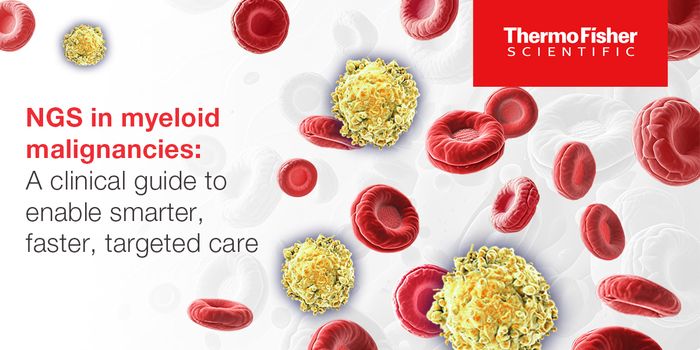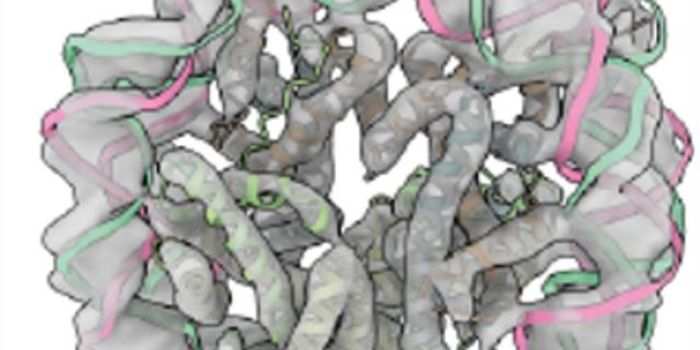Sperm's Molecular 'Memory' Is Revealed
The human genome contains the genes that make us who we are, because of how and when those genes are expressed. Gene expression is regulated in many different ways, including through epigenetics - genomic characteristics that don't involve changes to the sequence itself, but still affect gene activity. Epigenetics can include chemical tags like methyl groups, or structural changes in the way that DNA is compacted and organized, which affect the regions of the genome that are available to the cell.
Some epigenetic characteristics can be passed down from parents to children. So, fathers that are affected by things like stress, old age, or obesity might pass on some of the consequences of those conditions to their children. Scientists are learning more about how this happens; reporting in Developmental Cell, researchers have now found that changes in DNA-organizing proteins that are found in sperm can affect offspring.
"The big breakthrough with this study is that it has identified a non-DNA based means by which sperm remember a father's environment (diet) and transmit that information to the embryo," said senior study author Sarah Kimmins, Ph.D., the Canada Research Chair in Epigenetics, Reproduction, and Development at McGill University. "It is remarkable, as it presents a major shift from what is known about heritability and disease from being solely DNA-based, to one that now includes sperm proteins. This study opens the door to the possibility that the key to understanding and preventing certain diseases could involve proteins in sperm."
In this study, the researchers used a mouse model that was fed a diet deficient in folate, a crucial nutrient needed for proper development. They determined that folate-deficient mice had changes in the methyl groups associated with histone proteins (which organize and compact DNA in the nucleus). These sperm produced offspring that had birth defects in the spine and skull, and changes in gene expression. The altered methyl groups on histones in sperm were transmitted to the embryo at fertilization, and they remained there during development.
This work may help researchers learn more about how to prevent health problems that can be traced back to problems in sperm.
"Our next steps will be to determine if these harmful changes induced in the sperm proteins [histones] can be repaired. We have exciting new work that suggests that this is indeed the case," added Kimmins. "The hope offered by this work is that by expanding our understanding of what is inherited beyond just the DNA, there are now potentially new avenues for disease prevention which will lead to healthier children and adults."
Sources: AAAS/Eurekalert! via McGill University, Developmental Cell









